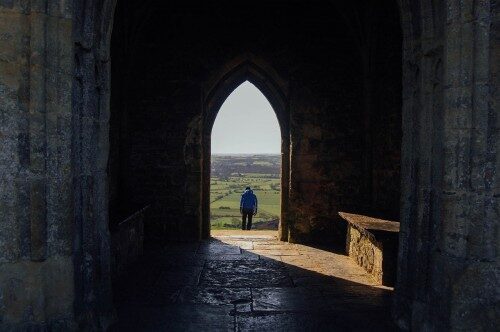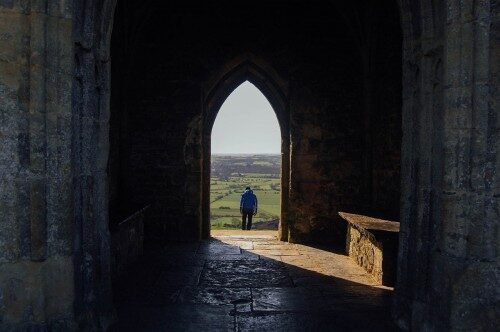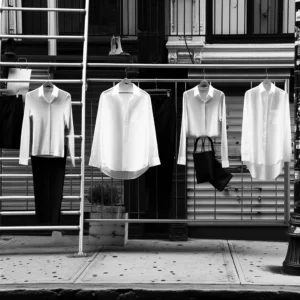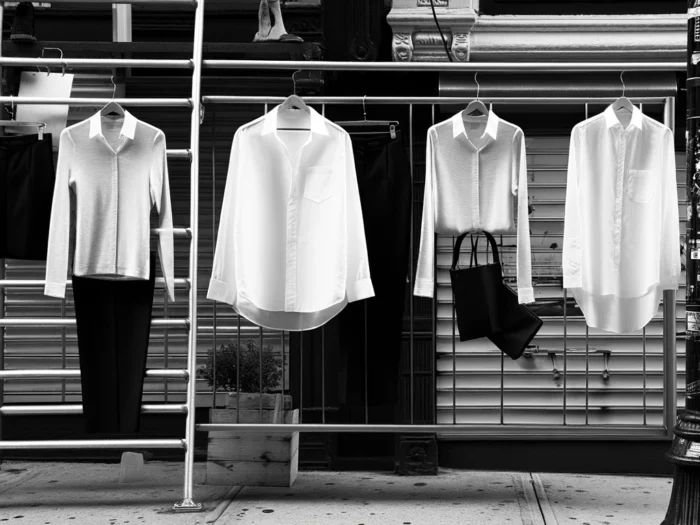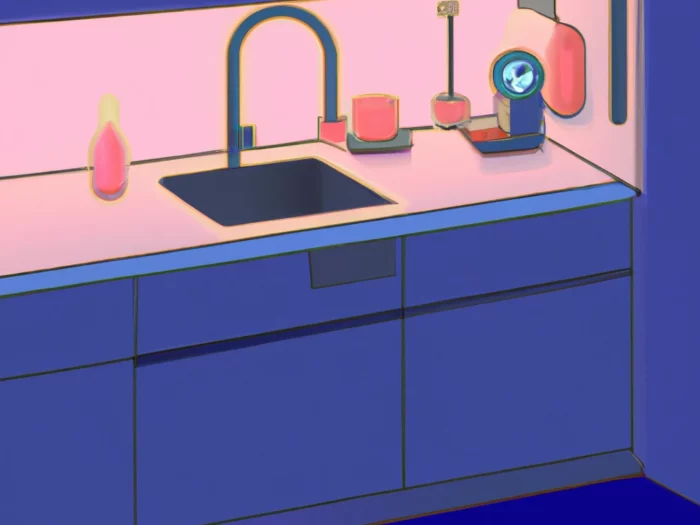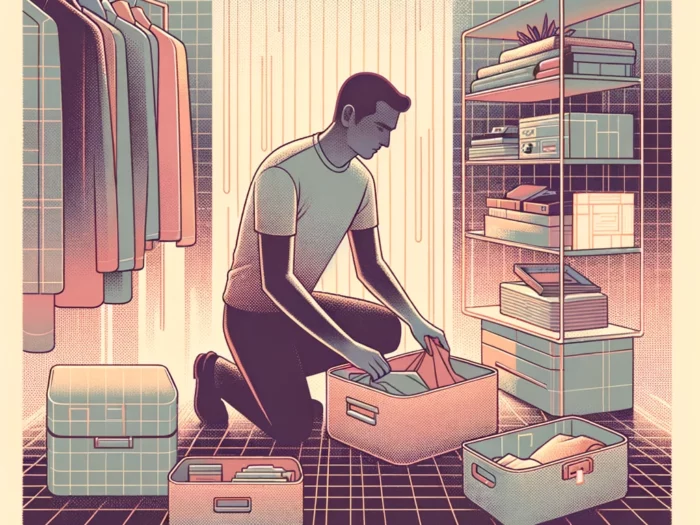I consider myself a follower of Christ, but something bothers me. A good portion of folks who call themselves Christians don’t follow Christ when it comes to simple living. We’ve all heard people speak of their blessings in regard to money and stuff. How much money and stuff did Jesus have?
Does Jesus Promote Stuff?
I’ve read the New Testament a few times. I don’t recall anywhere in which Jesus spoke of accumulating more stuff. In fact, he once told a rich man that it’s letting go of his riches that will get him into heaven.
Jesus lived a very simple life. He never spoke of the things he owned, money, fashionable clothing, furnishings, etc. Based on what we know, he lived a life of stark simplicity in regard to owning possessions.
Some of you are protesting, “But Dan, I’m not a Christian.”
That’s your prerogative. I’m not trying to convert anybody here. But it wasn’t just Jesus. Many of the greatest thinkers and teachers throughout history have lived simply.
20 Great Teachers On Possessions
Jesus: “If you want to be perfect, go, sell your possessions and give to the poor, and you will have treasure in heaven.”
Vaswani: “Happiness, true happiness, is an inner quality. It is a state of mind. If your mind is at peace, you are happy. If your mind is at peace, but you have nothing else, you can be happy. If you have everything the world can give – pleasure, possessions, power – but lack peace of mind, you can never be happy.”
Ghandi: “Service which is rendered without joy helps neither the servant nor the served. But all other pleasures and possessions pale into nothingness before service which is rendered in a spirit of joy.”
Epictetus: “Wealth consists not in having great possessions, but in having few wants.”
Dalai Lama: “Physical comforts cannot subdue mental suffering, and if we look closely, we can see that those who have many possessions are not necessarily happy. In fact, being wealthy often brings even more anxiety.”
Peace Pilgrim: “Unnecessary possessions are unnecessary burdens. If you have them, you have to take care of them! There is great freedom in simplicity of living. It is those who have enough but not too much who are the happiest.”
Sitting Bull: “Strangely enough, they have a mind to till the soil, and the love of possessions is a disease in them.”
Democritus: “Happiness resides not in possessions, and not in gold, happiness dwells in the soul.”
Khalil Gibran: “You give but little when you give of your possessions. It is when you give of yourself that you truly give.”
Epicurus: “A free life cannot acquire many possessions, because this is not easy to do without servility to mobs or monarchs.”
David Hume: “This avidity alone, of acquiring goods and possessions for ourselves and our nearest friends, is insatiable, perpetual, universal, and directly destructive of society.”
Plutarch: “I would rather excel in the knowledge of what is excellent, than in the extent of my power and possessions.”
Bertrand Russell: “It is preoccupation with possessions, more than anything else, that prevents us from living freely and nobly.”
Rick Rirodan: “When I was in college, my parents’ house burned down, and took a lot of the possessions I’d grown up with. That’s probably one thing that made me realize material stuff is not really that important.”
Thich Nhat Hanh: “Letting go gives us freedom, and freedom is the only condition for happiness. If, in our heart, we still cling to anything – anger, anxiety, or possessions – we cannot be free.”
Albert Einstein: “Possessions, outward success, publicity, luxury – to me these have always been contemptible. I assume that a simple and unassuming manner of life is best for everyone, best for both the body and the mind.”
Frank Lloyd Wright: “Many wealthy people are little more than janitors of their own possessions.”
Lao Tzu: “Health is the greatest possession. Contentment is the greatest treasure. Confidence is the greatest friend. Non-being is the greatest joy.”
Anthony J. D’Angelo: “Treasure your relationships, not your possessions.”
Jose Mujica: “If you don’t have many possessions, then you don’t need to work all your life like a slave to sustain them, and therefore you have more time for yourself.”
Read my post: Applying The Ten Commandments To Minimalism.
Yes, Jesus Suggests We Live Simply…
but he’s in good company. Some of the greatest minds throughout history agree.
If you’re a Christian and your life is complicated by your possessions, I encourage you to look deeper into your faith. Jesus lived with less. Will you follow? If you’ve chosen another spiritual path, I encourage you to consider living with less. If for nothing else, for the sake of our planet, I encourage you to consider living with less.
